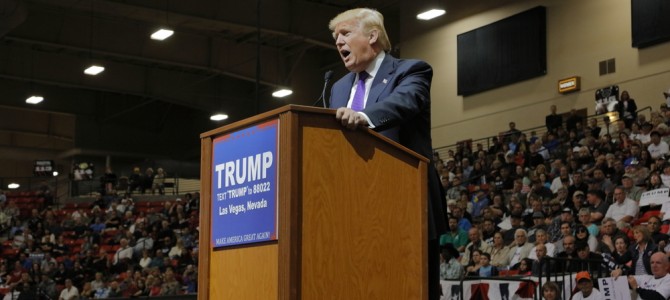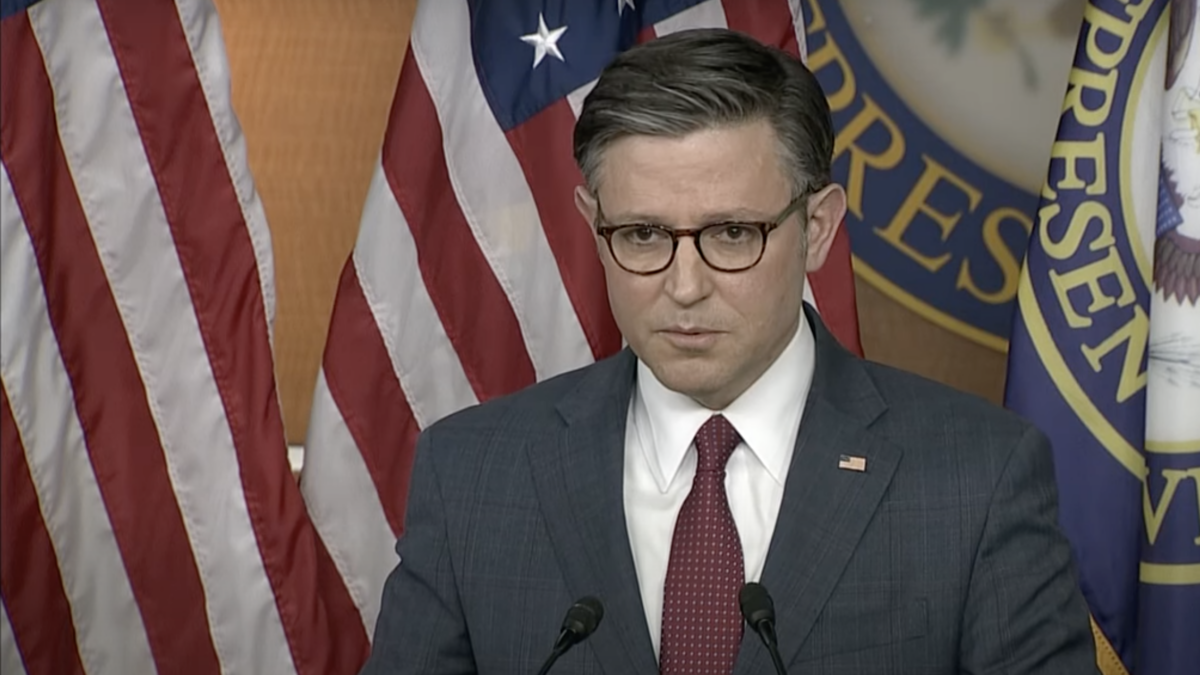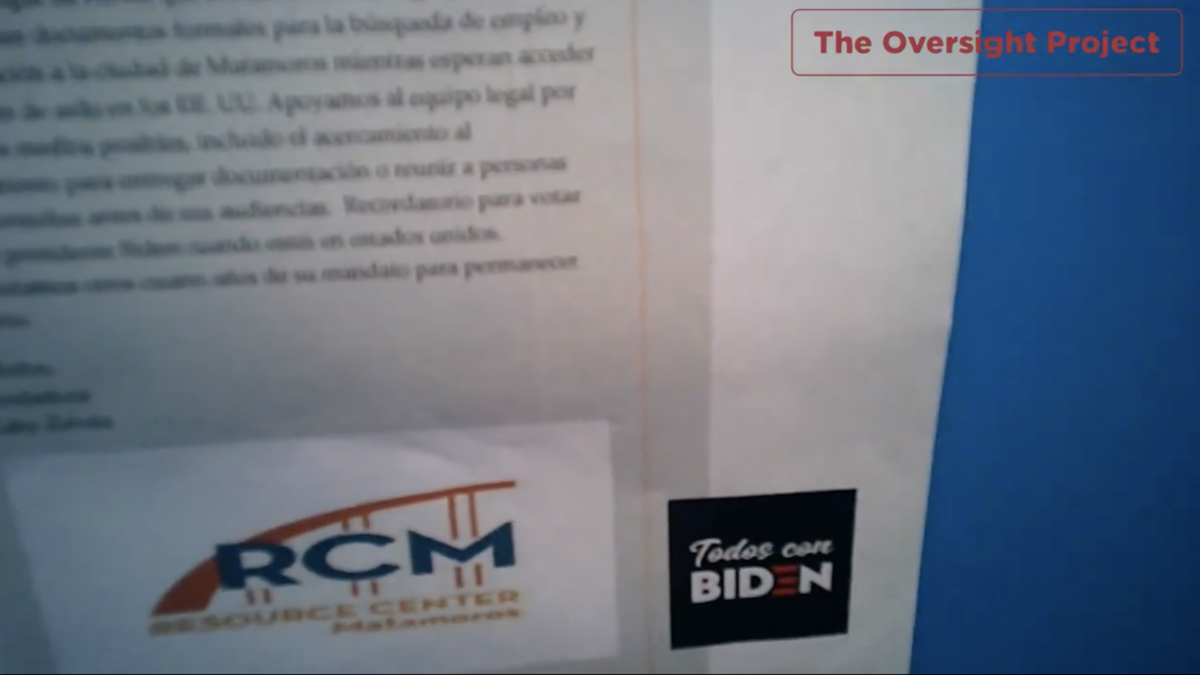
Evangelicals are divided: Is Donald Trump the sign of the Apocalypse? Or the savior of American politics?
In South Carolina, Trump’s two biggest rivals, Ted Cruz and Marco Rubio, pulled in nearly 50 percent of the evangelical vote, according to exit polls. But to echo Trump’s words from his victory speech that night: When it comes to his rivals’ votes, we’re not supposed to “just add them together.” Taken individually, Trump’s 34 percent support among evangelicals beat Cruz’s 26 percent (+8), and Rubio’s 21 percent (+13). Think South Carolina’s an outlier?
What’s most astonishing about these results is that Trump, the man who can’t recall a single time in which he asked God for forgiveness for anything, is amassing evangelical support against two candidates whose values overlap scarily well with evangelical concerns. But notice that Cruz and Rubio bring in their fair share, too.
Clearly, these results should disabuse us of the notion that evangelicals are a monolithic voting bloc. As a demographic category, evangelicals do not behave uniformly enough to warrant painting such a sociologically narrow portrait of them. But what divides them?
Religious Commitment Predicts Political Choices
One theory is that “evangelical” is too broad a term to be electorally useful, and that we need to distinguish between genuine evangelicals and nominal evangelicals. Talk of “genuine” Christianity, though, can smack of theological elitism. Is there now some deeper test, beyond self-identification and professed affiliation, that a person must pass in order to qualify as a true believer?
Whether it sounds judgmental or not, there is evidence that differing levels of religiosity correlate with differences in political preference. In a piece promoting authoritarianism as the political variable that best explains Trump’s appeal, the political scientist Matthew MacWilliams notes something interesting about Trump’s evangelical support: “Regular, weekly church attendance…predicted a statistically significant and substantive opposition to Trump.”
The following graphic shows Trump’s support among respondents to a Reuters poll who identified as evangelicals and claimed to attend church at least once a week. Trump still does well, but his share of the overall evangelical vote overall diminishes when we filter for regular attendance.

It’s not just the 2016 election that bears this out. In the 2008 election, John McCain defeated Barack Obama 53 to 47 among Protestants. Yet a Pew Research Center report released two weeks before election day found that church attendance mattered greatly: among white evangelical Protestants who attended church less than once a week, McCain won 54 to 37, though among those reporting weekly attendance, McCain’s lead over Obama surged to an incredible 74 to 17.
While frequency of church attendance appears to be politically consequential, it doesn’t tell us what Trump’s evangelical supporters see in their candidate. For a parallel from the Christian world that most resembles both the leadership flair Trump projects as well as the unthinking fervor he generates in his followers, let’s consider the evangelical megachurch.
The Making of a Movement
Broadly defined, a megachurch is a congregation boasting 2,000 or more visitors per week. But just as “evangelical” does not designate a monolithic voting bloc, the category “megachurch” does not distinguish between large churches with the same theological priorities as smaller, orthodox churches and large churches whose priorities are more “seeker-sensitive” in nature.
This analysis has megachurches of the second kind in mind. These are the churches whose substance is subordinated to style, whose offer of a unique ecclesiastical experience amounts to, above all else, a combination of state-of-the-art atmospherics (meticulously coordinated stage aesthetics, studio-quality audio-visual systems), anthemic music chosen for its maximal emotive power, and messaging promising spiritual self-realization.
Am I far off from describing a Trump rally?
Both the megachurch and the Trump movement generate a sense of belonging. Forget for a moment the characterization you often hear of a Trump supporter being filled with all-consuming rage; think instead of a Trump fan’s level of commitment. Megachurches induce allegiance in a variety of ways — offering a variety of programs, providing robust friendship networks for children and teenagers, ensuring convenience through flexibility of service times — but most notably through conveying the sense that those who sign on are a part of a movement that is making a lasting impact.
The megachurches I’m referring to don’t so much dismiss theology as they do severely minimize its role. By de-emphasizing, rather than altogether eliminating, the intellect, the megachurch retains a commitment to doctrine without letting doctrine steer its self-presentation. A study put out by the Hartford Institute for Religion Research explains: “Although the official theology espoused may be orthodox conservative Christianity, a variety of opinions and practices are tolerated in relation to women’s roles, sexuality, abortion, and political persuasions. In a cultural climate which emphasizes the self-construction of beliefs and spirituality, tolerance of a diversity of possible alternatives, unified under a common vision, is an asset.”
Although it might be jarring to hear that a movement in which a “variety of opinions and practices are tolerated” is being likened to Trump’s movement, the reality is that outside a few irresponsible policy proposals that have gained outsize influence due to their inflammatory nature (deporting 11 million people; banning Muslim entry), the Trump coalition is all over the place ideologically.
A Modern-Day Crusade for…America
On the Sunday morning following Trump’s emphatic win in South Carolina, The Atlantic’s David Frum tried to make sense of Trump’s dominance in a Twitter “essay.” His first tweet read:
1) Trump beat Rubio in SC by 11 points among self-described moderates. https://t.co/yJYTvwKI2M How can that be?
— David Frum (@davidfrum) February 21, 2016
Frum’s response to his first tweet indicated he sought an explanation by considering voters’ policy preferences:
2) Try this: instead of using immigration as your ideological lodestone, use healthcare instead.
— David Frum (@davidfrum) February 21, 2016
But perhaps it’s Frum who could try this: instead of using an “ideological lodestone” as the interpretive grid through which he analyzes voting behavior, when it comes to Trump he should ignore his policy pronouncements and focus on the raw emotional excitement he is activating. There is a sense of storming the gates of hell to take back our country — a quasi-spiritual revanchism characterizable as a modern-day Crusade to recover the lost glories of America’s past.
The megachurch offers a vision for advancing the kingdom; Trump offers to advance America. The megachurch leader inspires through messaging intended to bind the listener to the movement’s plan; Trump engenders loyalty to his vision with such efficacy he joked he could shoot someone in broad daylight and his supporters would remain firm.
I recently visited, at random, the websites of two of America’s largest megachurches and found these quotes on their front page: “Generation Hope Project: because you can change the world!” (Lakewood Church), and “Imagine a home for all who are looking for hope” (Fellowship Church). Trump galvanizes audiences in a similar fashion. Just like these churches, he avoids getting into the weeds of policy and theory, finding it more effective instead to limit his emphasis to a few themes deployable in almost any presentational context.
For instance, when he brings up “wounded warriors” seemingly out of the blue, the reference is almost always followed by a reassuring “who I love very much.” This is branding efficiency at its highest, comforting his audience, conveying how much he cares about our veterans. Meanwhile, it’s Rubio who has worked to implement much-needed reforms to the Department of Veterans Affairs— yet you wouldn’t know it since Trump has co-opted the “cares about our veterans” position through effective and consistent messaging.
We Want to Win More than We Care at What
The point is not that Trump’s evangelical support comes from megachurch congregants. Rather, it’s that within the Christian world, evangelical megachurches of the seeker-sensitive variety draw visitors who prioritize being a part of a winning movement above ideological concerns. That’s Trump’s coalition, in a nutshell. Consider the following.
Trump has defended Planned Parenthood, the organization perhaps most loathed by pro-life activists. He has proposed banning Muslim re-entry into the country, inflaming hostilities toward a religious class in a way that is transparently incompatible with religious liberty. He has been all over the place on health care, recently affirming his admiration for one of Obamacare’s most hated features: the individual mandate.
On trade, Trump has taken positions inimical to free enterprise. On counterterrorism, Trump has suggested we might kill the families of terrorists to acquire information. On property rights, he has steamrolled over the wishes of a private citizen in pursuit of a parking lot for a casino development. He seems uninterested in constitutional constraints and unmoved by the specter of an ever-expanding government.
He is winning voters who should care about these things. So what gives?
Many of his voters do indeed care about these things, yet they care about something else more. They are prioritizing being part of a movement that reclaims the country. They are prioritizing a sense of belonging over ideological purity, the affective over the cognitive. Although they should be dismissing his candidacy out of hand, many evangelicals are thinking Trump can ultimately save them from Barack Obama’s America. But who will save us from Trump?









